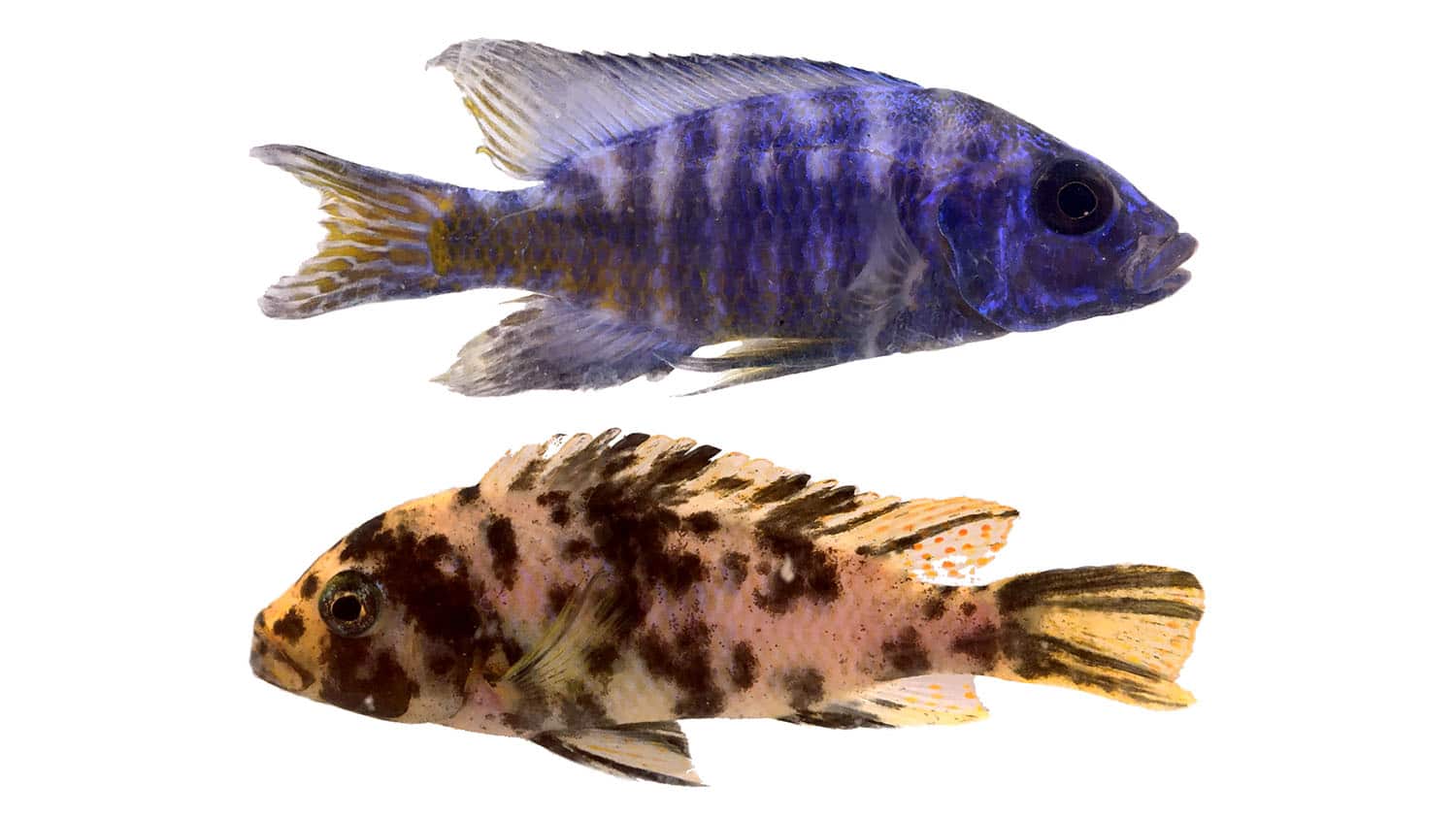NC State Unveils Revolutionary Atmospheric Plasma System to Finish Apparel and Other Common Textiles
North Carolina State University is launching a development center for a new system that uses an environmentally friendly process to apply water repellent, stain repellent and moisture management properties to apparel and other common textiles. The new system holds the potential to create garments that stay clean longer, are more comfortable to wear and do not show perspiration, yet cost less than garments finished with current conventional processes.
In cooperation with APJeT Inc., Morrison Textiles Machinery, and Air Products and Chemistry Inc., the NC State pilot facility will contain and test the state-of-the-art atmospheric plasma system to support the textile industry by studying the system’s efficacy on a variety of materials.
Once trained on using the new equipment, NC State undergraduate and graduate students, particularly in the fields of textile chemistry and polymer science, will work with laboratory staff and APJeT personnel to use the system for testing and development, giving the students hands-on experience solving real-world problems.
“The goal is to not only replace conventional application of finishes, but to develop novel methods and original products you would not be able to get with conventional systems,” said Dr. Peter Hauser, professor and director of graduate programs in NC State’s College of Textiles. “This new system will benefit the entire textile industry, as well as the state of North Carolina, and shows that NC State is on the cutting edge of technology.”
The system’s unique process uses an environmentally friendly “dry” ionized gas to impart a nanolayer coating of water repellent, stain repellent and wicking (moisture management) characteristics to the treated fabric. Unlike conventional stain-repel treatments, which require chemical-based “wet” treatment, the plasma process can produce a single fabric that will repel rain, snow and oil-based stains on one side, while the other side of the same fabric wicks moisture from the body.
Today’s industry standard for fabric finishing includes applying the finish out of a chemically treated water solution, wringing out the water and then using thermal power to cure and dry. APJeT’s proprietary plasma technology eliminates the use of water, thereby eliminating the need for wastewater remediation and providing a double benefit to textile manufacturers already under pressure from foreign competition in countries with less stringent environmental regulations.
The pilot facility will allow outside companies to bring their materials and finish various products, including knits, wovens and non-wovens.
“We chose NC State University because of its vast nanotechnology expertise,” said John A. Emrich, president and CEO of APJeT. “We want to take this technology from development to commercial applications, and this partnership with the College of Textiles provides us with that opportunity.”
The College of Textiles, APJeT and Morrison will host a ceremony on Oct. 2 to dedicate the atmospheric pressure plasma system.


